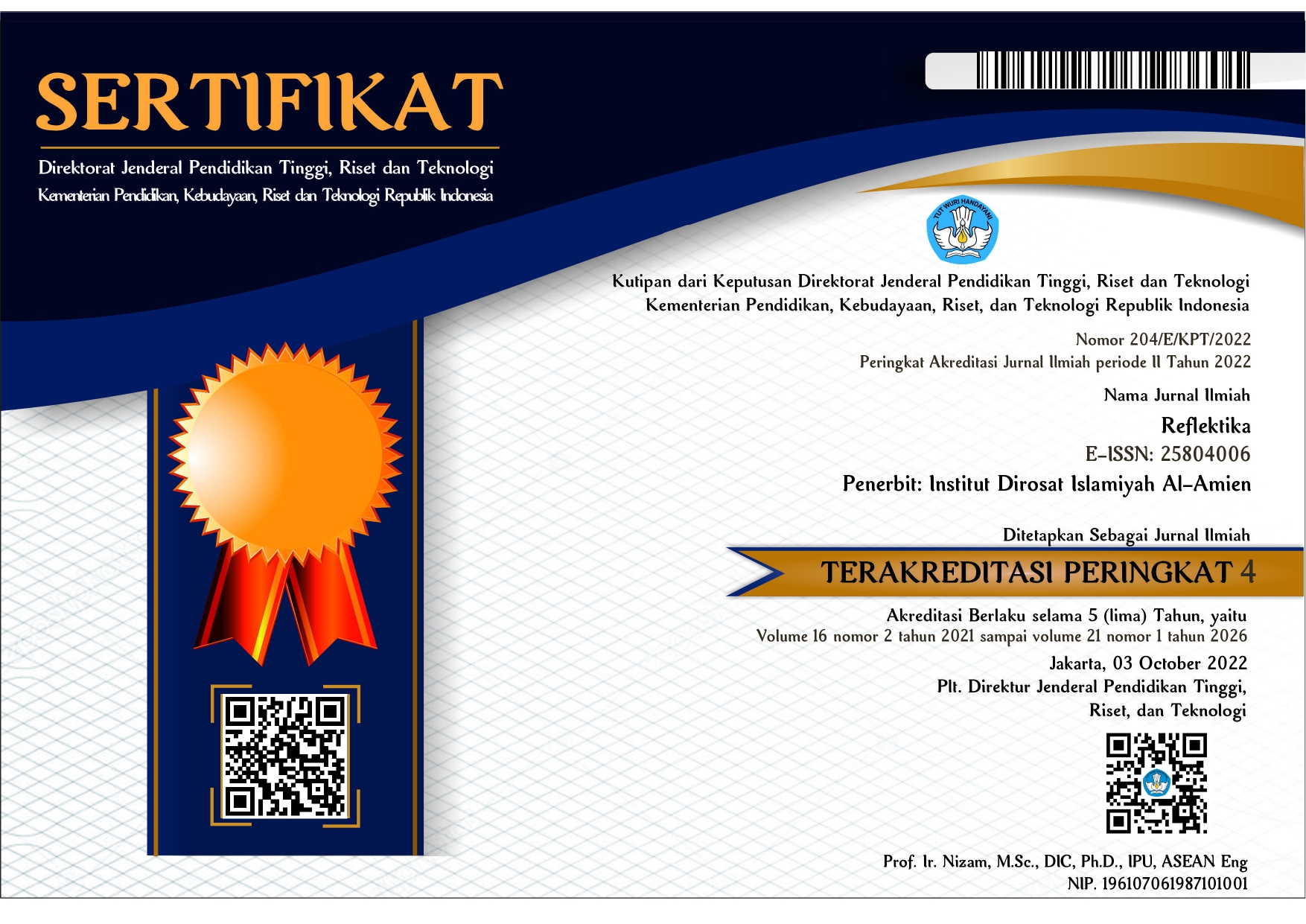Bringing Islamic Leadership, Unity and Tolerance into Reality for the Stability of ASEAN Community
Abstract
This paper explains about a leader of a family or a country who not only holds power to communicate goals which create an inspiring vision while engaging people. It attempts to enlighten leadership through
managing the system by doing the right thing to promote a healthy norm highlighting a good leader as an end product of a good follower. But nowadays, the gen-Ys are causing worries to their elder ones. Therefore, to accommodate local contributions, it is suggested that leaders develop regular feedbacks at the same time improve leadership styles. Personal and professional changes create risk upon considering a successful plan though core beliefs in common practice is a combination of accepting unity and seeking room for tolerating individual differences. The complexity of responsibility truly depends on how a leader response towards an impactful scenario. The question is, what is causing social illness in the middle of Islamic Civilization? What are the qualities of a leader? Through a content analysis based research, the 5 element of Maqasid Syariah explores genuine guidelines toward understanding and recognizing religiosity while embracing and living with it leads a leader better. It tells about how a sustainable ummah relies solely on a knowledge-based society in order to enhance tolerance. Realistically, knowing alone is never enough. Upon that, this paper provides evidence that being mindful of other aspects of life reflects on the state of self actualization. Even then, gaining insights only blaze on facts rather than achievements. That rationalizes the reason and importance of being a creative and critical thinker as a Muslim leader. The implication of the findings are discussed through a list of agenda among the Muslim leaders that is to stabilize a culture of Taqwa in people’s behavior with the hope of creating a better place for ASEAN community.References
Abdul Hayei Abdul Sukor (2008). Islam Dalam Sabda Manusia Dan Kemanusiaan. Dewan Bahasa dan Pustaka
Bediuzzaman Said Nursi (2004). On Ramadan, Thanks and Frugility. Sozler Publication
Christine Schimmel, Ed Jacobs (2014). How To Select and Apply Change Strategies in Groups. SAGE Publications Ltd.
Daniel J. Canary, Sandra Lakey (2013). Strategic Conflict. Routledge Communication Series
Frank Krueger, Jordan Grafman (2013). The Neural Basis of Human Belief Systems. Psychology Press
Freddy A. Paniagua (2014). Assessing and Treating Culturally Diverse Clients - A Practical Guide. SAGE Publications Ltd.
George Manning, Kent Curtis (2015). The Art of Leadership-Fifth Edition. McGraw Hill
Haron Din (2010). Manusia Dan Islam-Jilid Satu. Dewan Bahasa dan Pustaka
Karen Caplovitz Barrett, Nathan A. Fox, George A. Morgan, Deborah J. Fidler, Lisa A. Daunhauer (2013). Handbook of Self-Regulatory Processes in Development: New Directions and International Perspectives. Psychology Press
Lori A. Zoellner, Norah C. Feeny (2014). Facilitating Resilience and Recovery Following Trauma. The Guilford Press
Mustafa Abdul Wahid (1995). Krisis Sosial (Seks Bebas): Penyelesaian Menurut Islam. Pustaka Ilmi.
Pete Mandik (2014). This Is Philosophy of Mind: an Introduction. John Wiley & Sons, Inc.
https://islam4me.wordpress.com/tag/tawakal-on-allah/
www.islamtomorrow.com/articles/Taqwa_meanings.htm
www.thewaytotruth.org/heart/tevazu.html
http://40hadithnawawi.com/index.php/the-hadiths/hadith-16
www.asean.org
DOI: 10.28944/reflektika.v11i1.33
Refbacks
- There are currently no refbacks.


.png)

